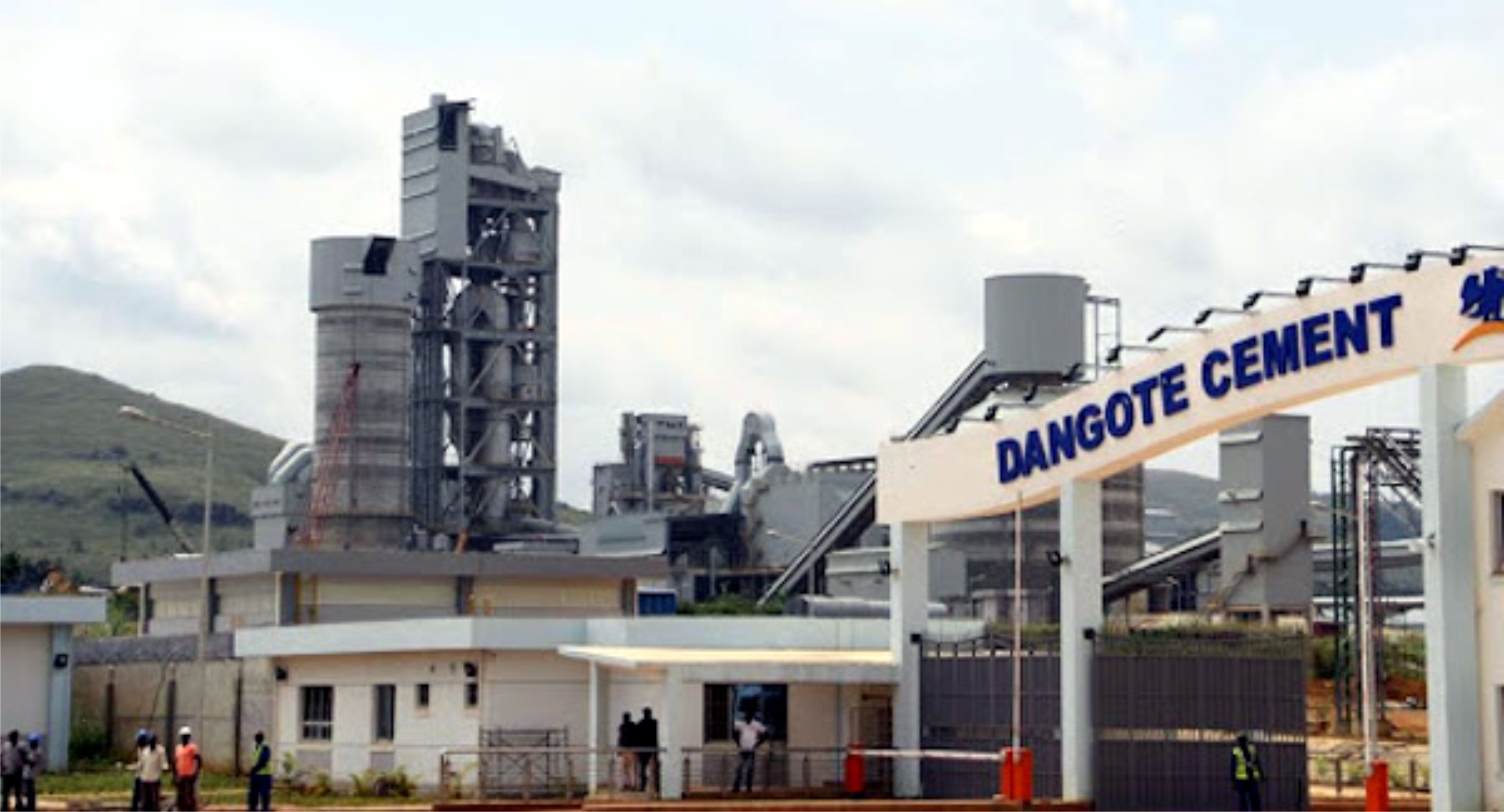Editorial
Dangote Refinery, Pride Of Africa

Undoubtedly, Nigeria’s refineries are some of the poorest in the world. However, this narrative is about to change as the Dangote Petroleum Refinery, the world’s largest single-train refinery, will open its doors to business in the coming days. President Muhammadu Buhari will commission the outfit on May 22, marking a significant milestone for the country’s oil industry.
Besides the impending narrative change, the country will soon be home to the largest and most advanced refinery equipment ever built in global refining history. This will establish Nigeria as a major petroleum refining hub in Africa, with the refinery meeting the nation’s gasoline requirements and producing a surplus for export.
Several highly advanced refineries and petrochemical plants existed globally prior to the commencement of the 650,000 barrels a day refinery project. These included the Jamnagar Refinery in India operated by Reliance Industries, the Zhanjiang Refinery in China, and the Yanbu Refinery and Sadara Chemical Complex in Saudi Arabia.
Dangote refinery is currently exploring new technology to select the largest and most efficient equipment for global crude refining. The refinery will process multiple grades of crude oil, including shale oil, to produce high-quality gasoline, diesel, kerosene and aviation fuels that meet Euro V emissions specifications.
When fully implemented, the project will generate over 9,500 direct and 25,000 indirect jobs. In 2022, the first products from Dangote refinery would have come out as planned, preventing the continual harm to the Nigerian economy.
Energy poverty is a major economic problem in Nigeria. The lack of Premium Motor Spirit and electric power has caused crucial issues with fiscal and monetary instruments. Additionally, the scarcity of aviation fuel and diesel has further exacerbated the problem in the petroleum products market.
Last year, the Nigerian aviation industry almost collapsed following an unexpected surge in Jet-fuel prices and scarcity. This situation also affected small and medium scale enterprises as diesel prices followed a similar trend. As a result, several businesses, including hotels and banks, have been struggling to operate because of high operational costs.
Nigeria’s energy future appears bleak as the demand for critical petroleum products continues to rise while the supply remains insufficient. This lack of increase in supply will have a negative impact on the country’s energy posture in 2023 and beyond.
The new refinery will address the long-standing issues surrounding petroleum products and prices. These issues include scarcity, adulteration, and the ongoing subsidy debate. With its advanced technology and economic feasibility, the refinery is a critical asset for the Nigeria’s energy market.
According to the National Bureau of Statistics, other oil products imports in Q3 2022 amounted to N1.615 trillion, representing 28.10 per cent of total imports. This is a 9.11 per cent increase from Q2 2022, which recorded N1.480 trillion. NBS data suggests that the import value may reach 6.2 trillion by the end of 2022.
Even though the Dangote Refinery Gate Price is not expected to be denominated in Naira, there lies substantial foreign exchange savings. This will translate into a massive reduction of the pressure on the Central Monetary Authority mandate of defending the Naira. This is found by extracting the foreign exchange components of the landing cost of PMS before an under/over recovery administration is carried out.
The total cost of importing the products includes various components such as freight charges, trader’s margin of US$10/30,000mt, ship-ship charges, receipt losses of 0.3 per cent, NPA $28,000 per day demurrage after 10 days allowance, $10.5/mt NPA handling charges, cost of stock financing for the imported products, US$2.50/mt and other expenses.
According to a recent study conducted by a group of researchers, the components that make up 27 per cent of the total pump price of any petroleum product have been identified. This translates to a staggering N1.674 trillion being spent on buying foreign exchange for payment of imported petroleum products, which could have been saved if a domestic refinery was in place.
When the refinery goes into full operation, it will reveal the extent of damage caused by poor management of the petroleum industry since the end of the civil war. The Nigerian economy has suffered greatly, with every business, corporate, institutional, and individual aspirations affected by the mismanagement of petroleum products, especially PMS. Genuine government policies have also been negatively impacted.
Editorial
Beginning A New Dawn At RSNC

Editorial
Sustaining OBALGA’s Ban On Street Trading

Editorial
AFCON ’25: Bravo, Super Eagles, But…

-
Maritime23 hours ago
Customs Declares War Against Narcotics Baron At Idiroko Border
-
Maritime23 hours ago
Nigeria To Pilot Regional Fishing Vessels Register In Gulf Of Guinea —Oyetola
-

 Sports22 hours ago
Sports22 hours agoGombe-Gara Rejects Chelle $130,000 monthly salary
-
Maritime23 hours ago
NIMASA,NAF Boost Unmanned Aerial Surveillance For Maritime Security
-
Maritime23 hours ago
NIWA Collaborates ICPC TO Strengthen Integrity, Revenue
-
City Crime19 hours ago
NCSU Hails Fubara Over 2025 New Telegraph Man Of The Year Award
-
Maritime23 hours ago
NIMASA GETS NEW MARITIME GUARD COMMANDER,ADOKI
-

 Sports22 hours ago
Sports22 hours agoTEAM RIVERS SET TO WIN 4×400 ” MORROW” …Wins Triple jump Silver

